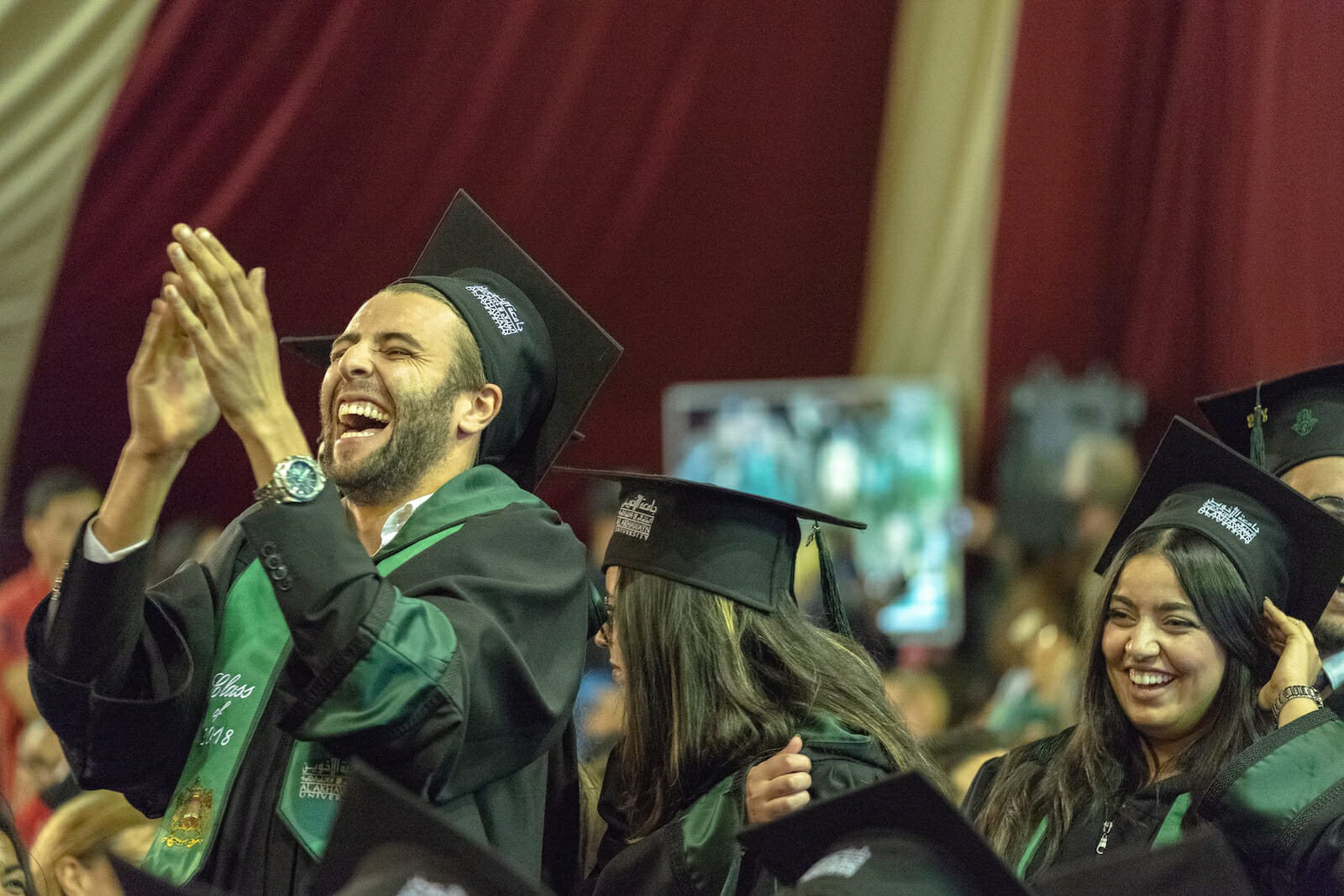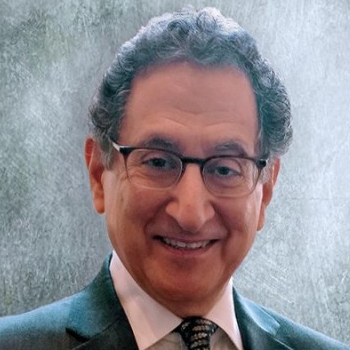
Growing Up and Out-Growing Work – Notes from Morocco
I am a member of the Baby Boomers’ generation. We grew up after World War II and were soon enmeshed in the significant social, economic, and political transformation and dislocation that followed. It is common today, given generational divides, for some to think that yours is the transformation generation, an example of how social media shapes one’s historical narrative in today’s society. While we have yet to know if disruptions challenging existing modes of acting, planning, implementing, and forecasting will make us better able to manage change and growth, it is quite clear that life today is much different than when I started this journey.
To better understand the perceptions of young people, I spend time with them in the classroom and elsewhere to talk about how their lives are being impacted by the swirling, demanding, confusing, multidimensional, uncertain future that surrounds them. Most recently, I went to Morocco, first to Casablanca and then to Ifrane, to spend time with students at the Al Akhawayn University (AUI) – an American style school in the kingdom that is an educational leader in the country.
First of all, these students are like my immigrant parents from Lebanon: ambitious, trilingual (if not multilingual), eager for adventure, unsure of where they’ll be in 10 let alone 20 years, and aware that success may be hard to grasp at times. Being in Morocco carries its own uncertainty: a developing country largely controlled by the government and private sector elites, job growth that is underwhelming, and an economy that leaves behind many Moroccans in rural and urban areas.
The students, both the part-time MBA students in Casa and the Business school graduates in Ifrane, come from the middle class and they and their parents have invested a great deal to get AUI and MBA degrees. So you can appreciate that their first concern is getting a job, one commensurate with their educational achievement. You can also appreciate their disappointment when recruiters weren’t on their doorsteps after graduation. In fact, when I asked the Casa class, made up of people in various jobs, what advice I should give the undergraduates completing their BAs, they mentioned the following:
- Don’t think that because you’re an AUI graduate, that jobs are waiting for you.
- It’s difficult to get a job without connections so work your networks.
- Go abroad if you have to for work or more education. It provides important experience and will often mean a higher salary at home.
- Learn technical skills such as project management and business principles to help companies focus on problem-solving.
- Develop your knowledge about entrepreneurship social entrepreneurship so you have options.
- Know your skills and work to strengthen them; know your interests and keep sharpening them.
- Keep a positive frame of mind, use your ambition and vision to focus — which should be a life-long habit.
So when I went to Ifrane to be part of the awards in the business case competition, I offered the students the following thoughts:
While you may not know this, we have something in common: we are striving, maybe even struggling to add value to our lives, by using what we are and who we are, which is very special in each of us, to become something more.
Given digital disruption and transformation, what was ‘more’ a decade ago is very different today. The knowledge, skills, and awareness that make you a great professional have a different context than when you were born. How do you solve the riddle of what’s next? There are two characteristics that I hoped to instill in my children: curiosity and courage…’Curiosity’ to ask why and why not; and ‘courage’ to take risks to learn and do more.
So how will you succeed? First of all, take nothing for granted, you don’t know what’s coming ahead, those days are over. So learn to be agile which takes equal parts skill and emotional intelligence for the confidence to take on challenges. Be patient with yourself and others…practice some form of meditation to keep centering yourself, that part is never over. Learn what it means to be part of a global world – what can you learn from the competition? What assumptions should you challenge to feel good about your core values?
And finally, remember that we are always ‘becoming,’ a work in progress, a person able, authentic individual who is not alone. Now and tomorrow are the most exciting times of your lives, be curious, have courage.
